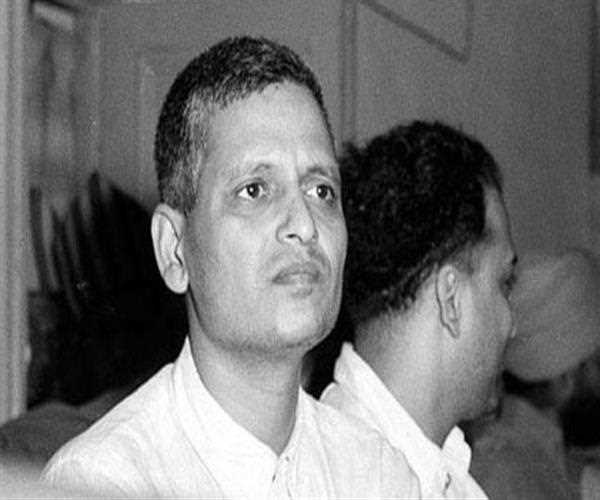
24-Jun-2024 , Updated on 8/19/2025 12:23:55 PM
Godse's Funeral in Jail: A Measure of Security and Unity in Post-Independence India
Nathuram Godse, the man who assassinated Mahatma Gandhi on January 30, 1948, remains one of the most controversial figures in Indian history. His actions and the subsequent trial and execution have been subjects of extensive scrutiny and debate. One of the less discussed aspects of this historical event is the fact that Godse's funeral was conducted within the confines of the prison. This decision was influenced by a combination of legal, security, and socio-political considerations.
Godse, a member of the Hindu nationalist organization RSS and the Hindu Mahasabha, shot Gandhi at point-blank range during a prayer meeting in New Delhi. His motivation, as he claimed during his trial, was Gandhi's appeasement of Muslims and his perceived betrayal of Hindus, particularly in the context of the partition of India and Pakistan. Godse and his co-conspirator, Narayan Apte, were arrested, tried, and found guilty of conspiracy to commit murder. On November 15, 1949, both were executed by hanging at the Ambala Central Jail.
The primary reason for conducting Godse's funeral within the jail premises was concern over public order and security. Godse was a polarizing figure; while he was vilified by many as a murderer, there were others who viewed him as a patriot who acted out of a misguided sense of duty. The government anticipated that a public funeral could incite riots or be used as a platform by extremist groups to further their agendas.
The decision to hold the funeral in jail was also a practical measure to ensure that no large gatherings could form, which might have led to violence and unrest. Given the charged atmosphere of post-independence India, with communal tensions still running high, the authorities sought to avoid any possibility of Godse's death becoming a rallying point for further division.
Holding the funeral in jail also had significant socio-political implications. It was a clear message from the newly independent Indian state that actions like those of Godse were unacceptable and would be dealt with sternly. By keeping the funeral low-key and confined, the government aimed to prevent Godse from becoming a martyr in the eyes of his supporters.
Moreover, the secrecy and restrictions around the funeral underscored the gravity of his crime. It reinforced the idea that Godse's assassination of Gandhi was not just a personal crime but an attack on the values of non-violence and unity that Gandhi epitomized.
Nathuram Godse's funeral being conducted in jail was a decision rooted in the need for security, the desire to maintain public order, and the broader goal of preserving the social fabric of a newly independent nation. By limiting the potential for public gatherings and demonstrations, the government aimed to ensure that Godse's death did not incite further violence or division. This measure was part of a broader strategy to stabilize the country during a tumultuous period and to uphold the principles of peace and unity championed by Mahatma Gandhi.
To read more: https://yourviews.mindstick.com/view/83524/mahatma-gandhi-and-nathuram-godse-differed-in-ideologies-and-their-consequences
https://yourviews.mindstick.com/view/87358/in-search-of-nathuram-godse-a-controversial-legacy
https://yourviews.mindstick.com/view/85697/why-did-gandhi-favor-muslims-over-hindus

Student
I am a content writter !
Comments
Join Our Newsletter
Subscribe to our newsletter to receive emails about new views posts, releases and updates.
Copyright 2010 - 2026 MindStick Software Pvt. Ltd. All Rights Reserved Privacy Policy | Terms & Conditions | Cookie Policy